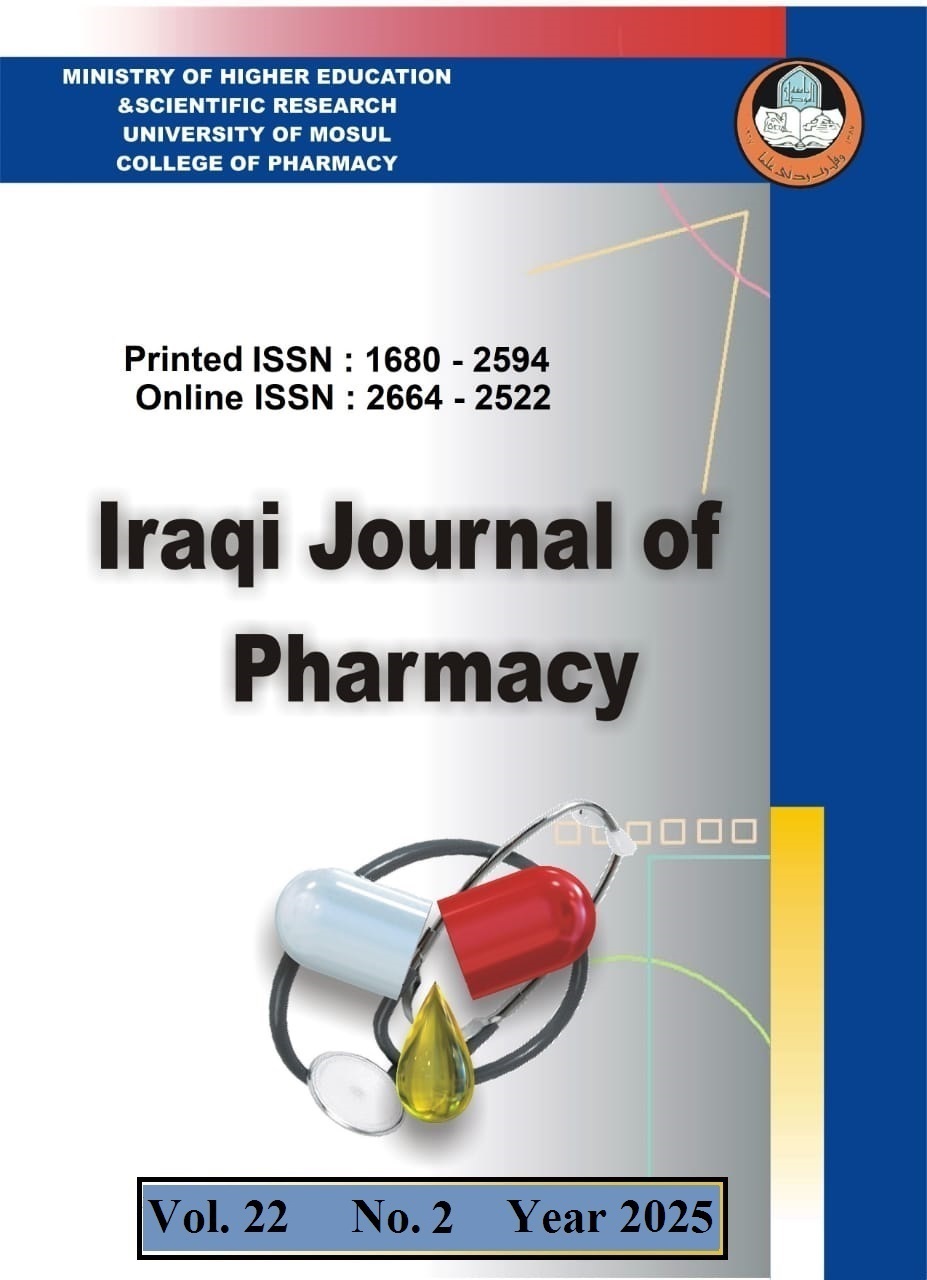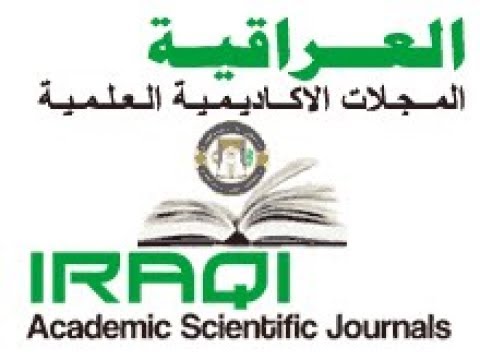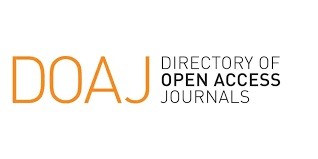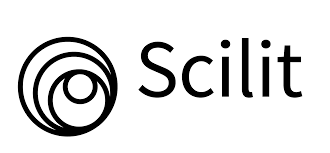COVID-19 and Hand Hygiene: Has the Pandemic Heightened Mothers’ Awareness in Quetta City, Pakistan?
Abstract
Background: Supported by evidence-based literature, hand hygiene (HH) is one of the cost-effective and simple preventive measures against COVID-19. The phenomenon is least reported in the developing world. Methods: We therefore were interested in assessing whether the COVID-19 had influenced knowledge and practice of HH and to highlight the determinants of HH among mothers of children under five years of age. This was a questionnaire-based, cross-sectional predictive analysis. Four hundred and seventeen mothers of children under five years of age visiting a public healthcare institute were targeted for data collection by using a pre-validated, structured questionnaire. Data were coded and analyzed by Statistical Package for Social Science (SPSS) version 26. Followed by the descriptive analysis, the binary logistic regression was used to find the predictors of knowledge, attitude, and practices toward HH. Although adequate insight into HH was reported, certain areas of misconceptions were also observed. Results: Educational level was significantly associated with knowledge, attitude, and practice items and the Jonckheere-Terpstra test revealed a moderate positive trend ( = 0.3 0.5) toward higher education. The binary logistic regression model had eight independent variables and all predictors were statistically significant (2 = 18.5, p < 0.001, DF =4). The strongest predictor of knowledge, attitude, and practice was education with significant OR of 2.5, 1.6, and 1.5, respectively. The study managed to highlight good HH among mothers, however; certain limitations were observed. Such limitations are related to a lack of health literacy that needs to be addressed as early as possible. Adequate HH ensures exceptional preventive measures against COVID-19 that provides a surety of an ailment-free environment. Conclusion: We urge the healthcare professionals and policymakers to target improving health literacy of the masses and to disseminate HH-related information that will help in management of infectious diseases such as COVID-19.
References
- Afzal A, Jabeen T, Javeed M. Knowledge, Attitude And Practice Of Mothers Regarding WASH And Its Impact On Children Under Five: A Study Of District Gujrat, Pakistan. Webology. 2022;19(3):3507-27.
- Aiello AE, Coulborn RM, Perez V, Larson EL. Effect of hand hygiene on infectious disease risk in the community setting: a meta-analysis. Am J Public Health. 2008;98(8):1372-81.
- Aijaz U, Bano S, Athar A. Educational jigsaw take shapes at Balochistan. Pak J Edu Res. 2022;5(1):83-95.
- Al-Ayed IH. Mothers knowledge of child health matters: are we doing enough? J Fam Community Med. 2010;17(1):22-8.
- Allegranzi B, Pittet D. Role of hand hygiene in healthcare-associated infection prevention. J Hosp Infec. 2009;73(4):305-15.
- Almas S, Kawish AB, Butt TM, Khan SA. Knowledge and practices regarding hand-washing among mothers of children less than five years of age in rural areas of District Sialkot. J Pak Med Assoc. 2020;71(1):105-9.
- Almoslem MM, Alshehri TA, Althumairi AA, Aljassim MT, Hassan ME, Berekaa MM. Handwashing knowledge, attitudes, and practices among students in Eastern Province schools, Saudi Arabia. J Environ Public Health. 2021; 6638443.
- Andualem Z, Dagne H, Taddese AA, Dagnew B. Mothers Handwashing Knowledge as a Predictor of Diarrheal Disease Among Under-Five Children Visiting Pediatric Ward in University of Gondar Comprehensive Specialized Hospital, Northwest Ethiopia, 2019. Pediatric Health Med Ther. 2019;10:189-94.
- Anwar M, Iqbal Q, Saleem F. Improper disposal of unused antibiotics: an often overlooked driver of antimicrobial resistance. Expert Rev Anti Infect Ther. 2020;18(8):697-9.
- Asekun-Olarinmoye Esther O. Hand Washing: Knowledge, Attitude and Practice amongst Mothers of Under-Five Children in Osogbo, Osun State. J Biol Agr Healthcare. 2014;4(16):40-9.
- Atai R, Rasel A-M, Islam T, Yearul K, Islam M. Identifying antibiotics posing potential health risk: microbial resistance scenario in Bangladesh. Int J Med Sci Public Health. 2015;4(1):90-7.
- Azhar S, Faisal M, Aman A. Self-reported maternal handwashing knowledge and behaviours observed in a rural hospital in Pakistan. East Mediterr Health J. 2021;27(7):665-71.
- Azor-Martnez E, Cobos-Carrascosa E, Gimenez-Sanchez F, Martnez-Lpez JM, Garrido-Fernndez P, Santisteban-Martnez J, et al. Effectiveness of a multifactorial handwashing program to reduce school absenteeism due to acute gastroenteritis. Pediatr Infect Dis J. 2014;33(2):e34-e9.
- Bengtsson-Palme J, Kristiansson E, Larsson DJ. Environmental factors influencing the development and spread of antibiotic resistance. FEMS Microbiol Rev. 2018;42(1):68-80.
- Bimpong KA, Cheyuo EK-E, Abdul-Mumin A, Ayanore MA, Kubuga CK, Mogre V. Mothers knowledge and attitudes regarding child feeding recommendations, complementary feeding practices and determinants of adequate diet. BMC Nutr. 2020;6(1):67.
- Bolon MK. Hand hygiene: an update. Infect Dis Clin North Am. 2016;30(3):591-607.
- Case A, Paxson C. Mothers and others: Who invests in childrens health? J Health Econ. 2001;20(3):301-28.
- Castro CdM, Musgrove P. Why education and health are more different than alike. Ensaio: Aval Pol Pbl Educ.. 2016;24:477-91.
- Centers for Disease Control and Prevention. Handwashing in Communities: Clean Hands Save Lives. 2022. Available from: https://www.cdc.gov/handwashing/index.html. Accessed 4 July, 2023.
- Centers for Disease Control and Prevention. Hygiene-related Diseases. 2023. Available from: https://www.cdc.gov/hygiene/disease/index.html. Accessed 11 July, 2023.
- Divya V, Jyothi J, Josepheena J, Dickey K, Litha J, Dolma L, et al. Knowledge and Reported Practices Regarding Hand Washing among Mothers of Under Five Children. RGUHS J Nursing Sciences. 2018;8(1):49-53.
- Fadare O, Amare M, Mavrotas G, Akerele D, Ogunniyi A. Mothers nutrition-related knowledge and child nutrition outcomes: Empirical evidence from Nigeria. PloS One. 2019;14(2):e0212775.
- Fletcher S. Understanding the contribution of environmental factors in the spread of antimicrobial resistance. Environ Health Prev Med. 2015;20(4):243-52.
- Gorecki C, Brown JM, Briggs M, Coleman S, Dealey C, McGinnis E, et al. Language translation & cross-cultural adaptation guideline. 2014. Available from: https://ctru.leeds.ac.uk/wp-ontent/uploads/2019/01/Translation_Guidelines_10JAN14_finalv1.0.pdf. Accessed 2 July, 2023.
- Hillier MD. Using effective hand hygiene practice to prevent and control infection. Nurs Stand. 2020;35(5):45-50.
- Ilyas N, Waqar A, Waqar K. Prevention is the best policy. Rawal Med J. 2016;41(2):222-4.
- Kolahi A-A, Tahmooreszadeh S. First febrile convulsions: inquiry about the knowledge, attitudes and concerns of the patients mothers. Eur J Pediatr. 2009;168(2):167-71.
- Long Y, Jia C, Luo X, Sun Y, Zuo W, Wu Y, et al. The Impact of Higher Education on Health Literacy: A Comparative Study between Urban and Rural China. Sustainability. 2022;14(19):12142.
- Mathur P. Hand hygiene: back to the basics of infection control. Indian J Med Res. 2011;134(5):611-20.
- Michaelidis CI, Fine MJ, Lin CJ, Linder JA, Nowalk MP, Shields RK, et al. The hidden societal cost of antibiotic resistance per antibiotic prescribed in the United States: an exploratory analysis. BMC Infect Dis. 2016;16(1):1-8.
- Ministry of Climate Change. Hand hygiene: Pakistan roadmap. 2021. Available from: https://globalhandwashing.org/wp-content/uploads/2021/07/HH4A-Pakistan-Roadmap.pdf. Accessed 2 July, 2023.
- Muslim Aid. Corona Virus public awareness campaign. 2020. Available from: https://reliefweb.int/report/pakistan/corona-virus-public-awareness-campaign. Accessed 10 July, 2023.
- Mustufa MA, Jamali AK, Sameen I, Burfat FM, Baloch MY, Baloch AH, et al. Malnutrition and poor oral health status are major risks among primary school children at Lasbela, Balochistan, Pakistan. J Health Popul Nutr. 2017;36(1):1-6.
- Neo JRJ, Sagha-Zadeh R, Vielemeyer O, Franklin E. Evidence-based practices to increase hand hygiene compliance in health care facilities: An integrated review. Am J Infect Control. 2016;44(6):691-704.
- Patel MK, Harris JR, Juliao P, Nygren B, Were V, Kola S, et al. Impact of a hygiene curriculum and the installation of simple handwashing and drinking water stations in rural Kenyan primary schools on student health and hygiene practices. Am J Trop Med Hyg. 2012;87(4):594.
- Peters A, Lotfinejad N, Simniceanu A, Pittet D. The economics of infection prevention: why it is crucial to invest in hand hygiene and nurses during the novel coronavirus pandemic. J Infec. 2020;81(2):318-56.
- Qamar K, Nchasi G, Mirha HT, Siddiqui JA, Jahangir K, Shaeen SK, et al. Water sanitation problem in Pakistan: A review on disease prevalence, strategies for treatment and prevention. Ann Med Surg. 2022:104709.
- Rajalakshmi M, Santhiya J, Bhuvaneswari R, Kalaivani R, Joseph VM. A Community Based Cross Sectional Study on Knowledge, Attitude and Hand Hygiene Practices among Mothers of Under Fives. Med Legal Update. 2020;20(2):98-102.
- Rehman R, Jawed S, Ali R, Noreen K, Baig M, Baig J. COVID-19 Pandemic awareness, attitudes, and practices among the Pakistani general public. Front Public Health. 2021;9:588537.
- Sah RK, Sah PK, Sah JK, Chiluwal S, Shah SK. Assessment of the knowledge, attitude and practice regarding water, sanitation and hygiene among mothers of under-five children in rural households of Saptari District, Nepal. Am J Public Health Res. 2017;5(5):163-9.
- Shah N. Deteriorating condition of human development index of Balochistan. 2018. Available from: https://dailytimes.com.pk/302296/deteriorating-condition-of-human-development-index-of-balochistan/. Accessed 12 July, 2023.
- Shahid M, Cao Y, Ahmed F, Raza S, Guo J, Malik NI, et al. Does Mothers' Awareness of Health and Nutrition Matter? A Case Study of Child Malnutrition in Marginalized Rural Community of Punjab, Pakistan. Front Public Health. 2022;10: 792164.
- Shahzad F, Saleem F, Iqbal Q, Haque N, Haider S, Salman M, et al. A cross-sectional assessment of health literacy among hypertensive community of Quetta City, Pakistan. Biomed J Sci Tech Res. 2018;11(4):8685-93.
- Shaikh TG, Waseem S, Ahmed SH, Swed S, Hasan MM. Infectious disease surveillance system in Pakistan: challenges and way forward. Trop Med Health. 2022;50(1):1-3.
- Sherwani SK, Bashir A, Ahmed H, Alam SI. Knowledge, attitude and practices of washing hands among mothers in Karachi, Pakistan. FUUAST J Biol. 2011;1(1):103-6.
- Sousa A, Magalhaes S, Gordo I. Cost of antibiotic resistance and the geometry of adaptation. Mol Biol Evol. 2012;29(5):1417-28.
- Sperber AD. Translation and validation of study instruments for cross-cultural research. Gastroenterology. 2004;126:S124-S8.
- Taddese AA, Dagnew B, Dagne H, Andualem Z. Mothers handwashing practices and health outcomes of under-five children in northwest Ethiopia. Pediatric Health Med Ther. 2020;11:101-8.
- Talaat M, Afifi S, Dueger E, El-Ashry N, Marfin A, Kandeel A, et al. Effects of hand hygiene campaigns on incidence of laboratory-confirmed influenza and absenteeism in schoolchildren, Cairo, Egypt. Emerg Infect Dis. 2011;17(4):619-25.
- Tartari E, Fankhauser C, Masson-Roy S, Mrquez-Villarreal H, Fernndez Moreno I, Rodriguez Navas ML, et al. Train-the-Trainers in hand hygiene: a standardized approach to guide education in infection prevention and control. Antimicrob Resist Infect Control. 2019;8(1):206.
- The Borgen Project. 10 facts about sanitation in Pakistan. 2021. Available from: https://borgenproject.org/sanitation-in-pakistan/. Accessed 1 July, 2023.
- United Nations Development Programme Pakistan. Innovative ringtone messages positively impacts knowledge, perceptions and behaviours related to COVID-19 in Pakistan. 2020. Available from: https://www.undp.org/pakistan/blog/innovative-ringtone-messages-positively-impacts-knowledge-perceptions-and-behaviours-related-covid-19-pakistan. Accessed 7 July, 2023.
- Wild D, Grove A, Martin M, Eremenco S, McElroy S, Verjee-Lorenz A, et al. Principles of good practice for the translation and cultural adaptation process for patient-reported outcomes (PRO) measures: report of the ISPOR task force for translation and cultural adaptation. Value Health. 2005;8(2):94-104.
- Willmott M, Nicholson A, Busse H, MacArthur GJ, Brookes S, Campbell R. Effectiveness of hand hygiene interventions in reducing illness absence among children in educational settings: a systematic review and meta-analysis. Arch Dis Child. 2016;101(1):42-50.
- Wolde M, Abate M, Mandefro G, Beru E, Kassahun A, Tesema GA. Determinants of handwashing practice and its associated factors among mothers of under-5 children in Kolladiba town, Northwest Ethiopia: cross-sectional study. BMJ Open. 2022;12(6):e058960.
- World Health Organization. Child mortality (under 5 years). 2022. Available from: https://www.who.int/news-room/fact-sheets/detail/levels-and-trends-in-child-under-5-mortality-in-2020#:~:text=The%20leading%20causes%20of%20death,interventions%20in%20health%20and%20sanitation. Accessed 15 July, 2023.
- World Health Organization. Drinking-water. 2022. Available from: https://www.who.int/news-room/fact-sheets/detail/drinking-water#:~:text=In%202020%2C%2074%25%20of%20the,needed%2C%20and%20free%20from%20contamination. Accessed 25 July, 2023.
- World Health Organization. Evidence of hand hygiene as the building block for infection prevention and control: an extract from the systematic literature reviews undertaken as the background for the WHO guidelines on core components of infection prevention and control programmes at the national and acute health care facility level. 2017. Available from: https://apps.who.int/iris/bitstream/handle/10665/330079/WHO-HIS-SDS-2017.7-eng.pdf. Accessed 28 July, 2023.
- World Health Organization. Handwashing an effective tool to prevent COVID-19, other diseases. 2020. Available from: https://www.who.int/southeastasia/news/detail/15-10-2020-handwashing-an-effective-tool-to-prevent-covid-19-other-diseases#:~:text=With%20COVID%2D19%20transmission%20mainly,water%20is%20of%20critical%20importance. Accessed 4 July, 2023.
- World Health Organization. State of the world's hand hygiene: A global call to action to make hand hygiene a priority in policy and practice. 2021. Available from: https://www.who.int/publications/i/item/9789240036444. Accessed 8 July, 2023.








